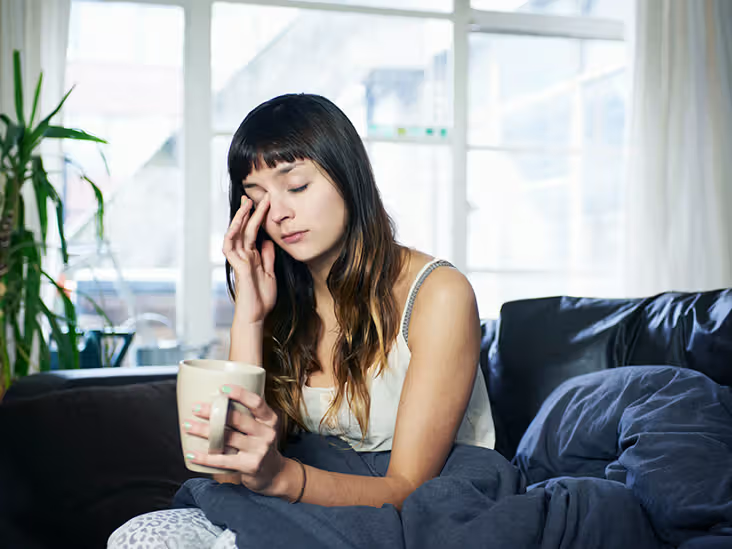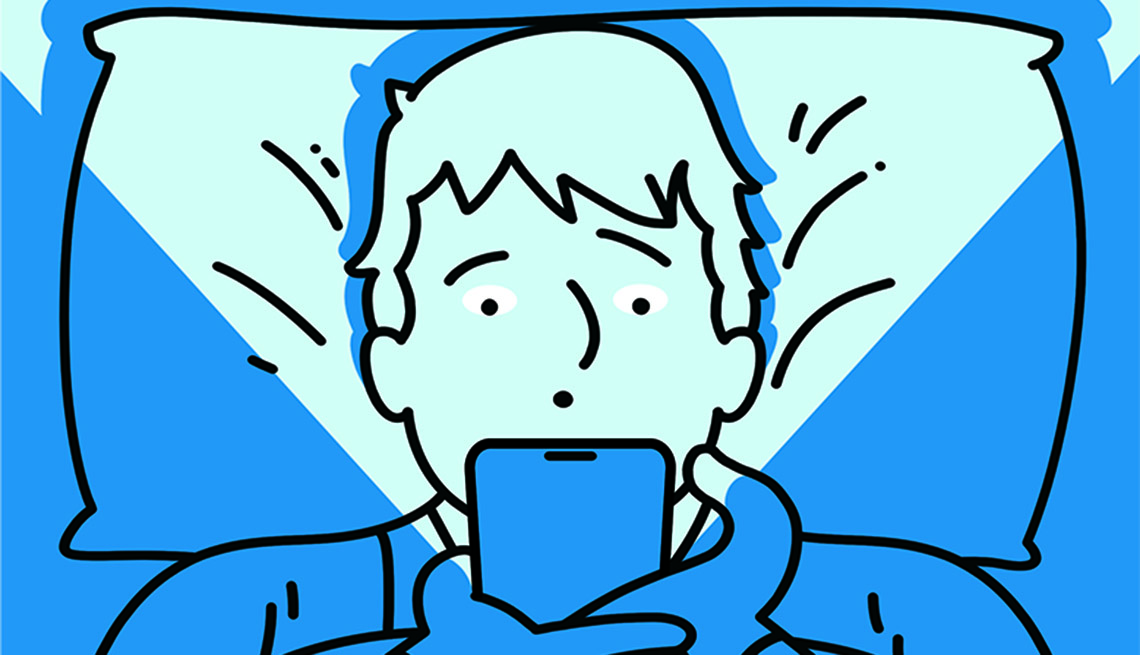Now Reading: The Science of Power Naps: Boosting Energy and Focus
-
01
The Science of Power Naps: Boosting Energy and Focus
The Science of Power Naps: Boosting Energy and Focus

Power naps are short periods of rest that can recharge the mind and body, making them increasingly popular in India’s busy cities, including Tier-2 towns. Unlike long naps that may leave you groggy, power naps of 10 to 30 minutes help improve alertness, concentration, and mood. Understanding the science behind power naps can help individuals maximize their benefits while maintaining productivity and well-being.
How Power Naps Work
During a short nap, the brain enters the lighter stages of sleep without reaching deep sleep, which prevents grogginess upon waking. This brief rest allows the nervous system to reset, reducing fatigue and enhancing cognitive performance. Even a quick pause during a hectic day can make a noticeable difference in alertness.
Benefits for Mental Performance
Power naps improve attention, memory recall, and problem-solving abilities. In Tier-2 cities where professionals often juggle multiple responsibilities, a short mid-day nap can enhance productivity without interfering with nighttime sleep. Students, office workers, and homemakers alike can benefit from this brief mental recharge.
Physical Advantages
Short naps help reduce stress, lower blood pressure, and support overall heart health. They provide a quick energy boost and can enhance mood, making individuals more focused and less irritable. Unlike extended sleep, power naps do not disrupt the body’s natural sleep cycle.
Tips for Effective Power Napping
The ideal nap lasts between 10 to 30 minutes and is taken early to mid-afternoon. A quiet, comfortable environment without distractions enhances effectiveness. Using an alarm to avoid oversleeping ensures the nap remains refreshing rather than exhausting.
Conclusion
Power naps are a scientifically proven way to improve energy, focus, and mood in daily life. For people in Tier-2 cities managing work, studies, or household responsibilities, incorporating short naps into the routine can enhance overall performance and well-being without affecting nighttime sleep.
























